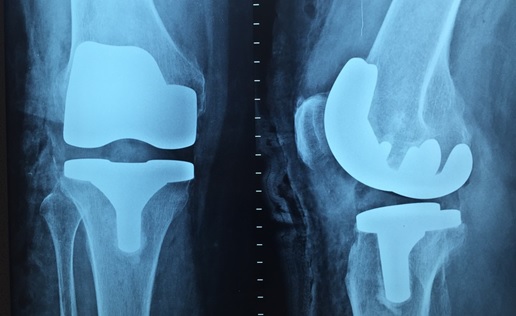
BY STAFF REPORTER
Ethiopia has been executing a number of activities; and has gone miles in terms of advancing its healthcare system and improving the services. The nation, through expanding primary healthcare centers and increasing access to primary healthcare services, as well as deploying thousands of health extension workers across the country- especially in rural areas- and equipping health posts with required medical facilities, has taken bold moves in promoting the healthcare system.
Especially, its community Health Extension Program (HEP) launched in 2003 has yielded positive results. The country has witnessed remarkable outcomes in improving access to basic healthcare services, increasing the awareness of the rural communities regarding easily curable diseases, can effectively sensitize the importance of family planning and visiting health posts before, during and after birth.
In similar way, Community-Based Health Insurance (CBHI) scheme, that was devised to increase access to essential healthcare services for low income segments of the community and improve equity, is the other success of Ethiopia. Through this plan, millions of people are benefitting.
These days, the number of people visiting health institutions has encouragingly increased; it is enabled to reduce maternal and infant deaths. As a result, the country can attain notable achievements in both national and global health-related goals. Consequently, Ethiopia’s success in the healthcare system has been praised and taken as a model for other countries.
Not only that, but the efforts exerted to modernize the health system and introduce new technologies have also borne fruits. Several private hospitals were opened and state of the art medical devices are used, and the services to some extent, are modernized. No wonder, all the efforts have step up Ethiopia’s healthcare services even though a lot remains to be done. Recently, three Ethiopia hospitals have been incorporated among the best ten hospitals in the world where major long bone fractures surgeries are carried out.
As the information gathered from the SIGN Fracture Care International, US based humanitarian organization, the three Ethiopian hospitals- the Black Lion (Tikur Anbessa), Soddo Christian, and ALERT Comprehensive Specialized hospitals – have registered encouraging results in long bone fracture surgery and ranked 10th among the 404 global hospitals found in 57 countries where SIGN IMN surgeries have been carried out.
The report further elaborated that these hospitals have performed a large number of long bone fracture surgeries. In this regard, while the Black Lion Specialized Hospital stood 7th, Soddo Christian and ALERT hospitals ranked 9th and 10th respectively.
Following the announcement, Minister of Health Dr. Lia Tadesse said that among the first ten hospitals where intramedullary nailing (long bone fracture surgery to repair a broken bone and keep it stable) is currently performed, Black Lion Specialized Hospital, Alert Hospital and Soddo Christian Hospital incorporated in the list of the first ten hospitals in the world.
As to the Minister, the success is the outcome of coordination and due attention given to the program at country level and the commitment shown by hospitals’ leaderships and the orthopedic surgeons working in those hospitals.
Mentioning that the Ministry of Health is providing support in accordance to its joint agreement with the SIGN FRACTURE CARE INTERNATIONAL, the Minister extended her deepest gratitude to the organization and those health institutions for achieving the success. In particular, she has given recognition to the Black Lion Hospital for its long years’ service in the field, supporting other hospitals, and entering in the first 10 hospitals’ list for the second time.
The SIGN IMN Fixation System is a technique that is used for surgical treatment of long bone fractures in consequence of traffic accidents and war to repair fractured or broken bones. Currently, for the reason the medical equipment has been provided freely for hospitals, it is possible to access the service and treat patients at home.
SIGN is a humanitarian organization that builds sustainable Orthopedic capacity in developing countries by providing relevant education to surgeons, then manufacturing and donating the instruments and implants needed to treat fractures, it was learnt.
THE ETHIOPIAN HERALD TUESDAY 7 FEBRUARY 2023





